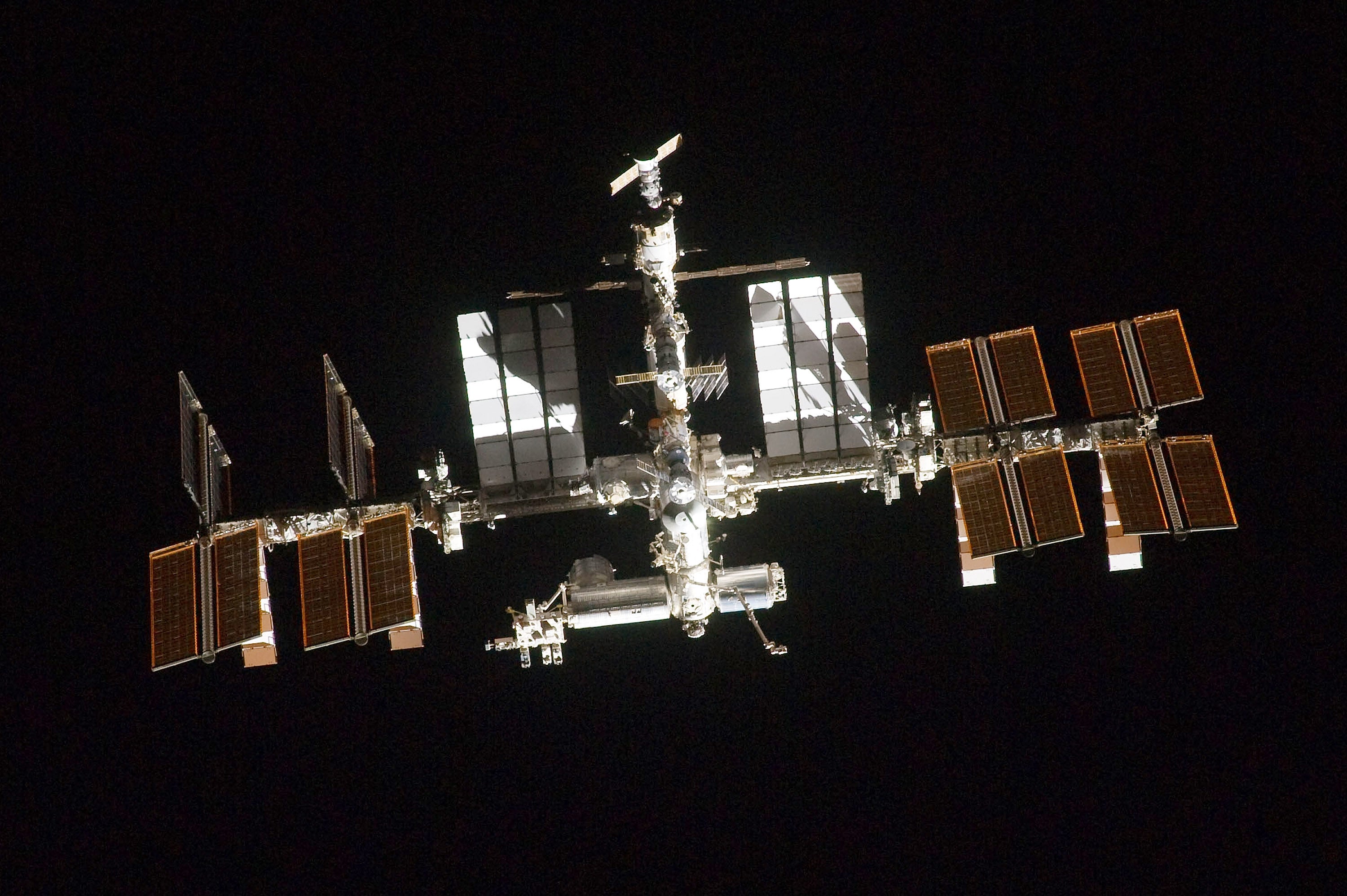International Space Station may go down sooner if Russia pulls out of it, space experts say
While ISS’s other partners may help keep it going, experts say this may not be worth the cost and effort

Although the International Space Station (ISS) is slated to be officially decommissioned in 2031, Nasa insiders said the space laboratory could be destroyed sooner if Russia decides to pull out amid its invasion of Ukraine.
The ISS relies heavily on Moscow for key parts of its laboratory and to carry out resupply, power generation and even to boost its altitude to prevent it from crashing to Earth.
While originally planned only for a 15-year lifespan, the ISS has already outlived all expectations. Nasa’s original plan to decommission the station in 2031 will culminate in a controlled deorbit in the middle of the Pacific Ocean at a location called Point Nemo.
If Russia does pull out from the partnership, the space station’s other partners – the European, Japanese and Canadian space agencies – could keep it going till 2031.
Space experts, however, including current and former Nasa officials, said this might not be worth the cost and effort.
“We’d have to invest a bunch of additional money to make that happen. The ISS was never intended to be broken apart,” Brian Weeden, a space researcher at the Secure World Foundation, told Politico.
A former government official told the magazine on the condition of anonymity that the ISS may “just have to accelerate transition plans”.
“Will the Russians want to take some of their modules with them when they separate? Do they work with us to separate? Do [the Russians] ghost us? We are in unknown territory,” the former official said.
The head of Russia’s space agency Roscosmos had earlier said ISS partners depended on Russian rockets for launching satellites and carrying astronauts to the orbiting laboratory after the US and several other western allies slapped sanctions on the country after the 24 February invasion.
US president Joe Biden had weighed in last week, following the announcement of a set of the sanctions, that the move would “degrade their aerospace industry, including their space programme.”
Roscosmos director Dmitry Rogozin, reacting to Mr Biden’s comments, said on Twitter that Russia would “continue to make” its own spacecraft.
“If you block cooperation with us, who will save the ISS from uncontrolled de-orbiting and falling into the United States or Europe? There is also the option of dropping a 500-ton structure to India and China. Do you want to threaten them with such a prospect? The ISS does not fly over Russia, so all the risks are yours. Are you ready for them?” Mr Rogozin added.
Although Nasa said it “continues working with all our international partners, including the State Space Corporation Roscosmos, for the ongoing safe operations of the ISS”, Mr Rogozin warned on Tuesday that the space agency would “reconsider its priorities” and focus on “independence in matters of space instrumentation.”
“Roscosmos currently has a government permission for operating the ISS only until 2024. The issue of extending the agreement in the current conditions causes our skepticism,” the space agency told Russian state-owned news agency TASS.
If Russia’s involvement in the ISS were to end before then, SpaceX chief Elon Musk has hinted the Russian Segment could then be replaced by the SpaceX Dragon to provide reboost capabilities and altitude control.
Experts, however, pointed out that while SpaceX Dragon has been ferrying astronauts to the station since 2020, it would need to modify its thrusters to manoeuvre the station’s altitude.
Russia’s invasion of Ukraine could be a major turning point in Russia-US space relations.
While the two countries have worked together for several decades towards the advancement of space research after the Cold War despite geopolitical differences, it seems this partnership could likely fall apart.
Join our commenting forum
Join thought-provoking conversations, follow other Independent readers and see their replies
Comments
Bookmark popover
Removed from bookmarks